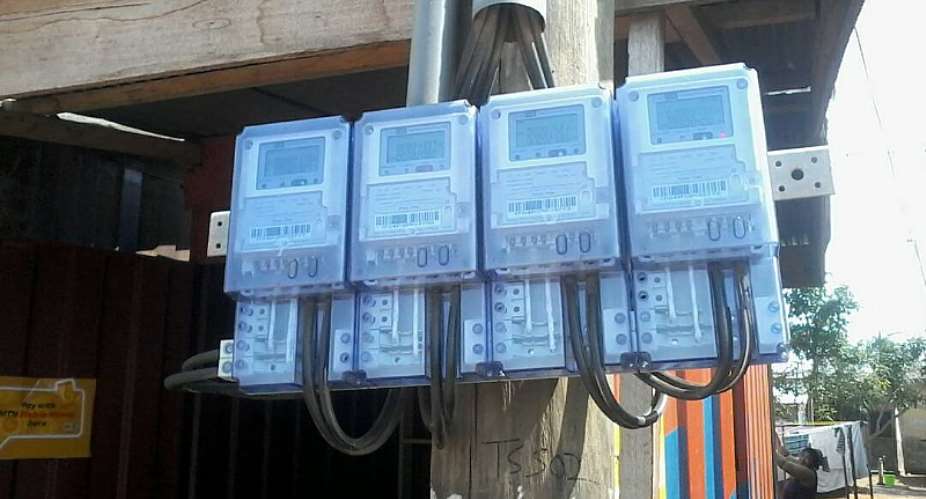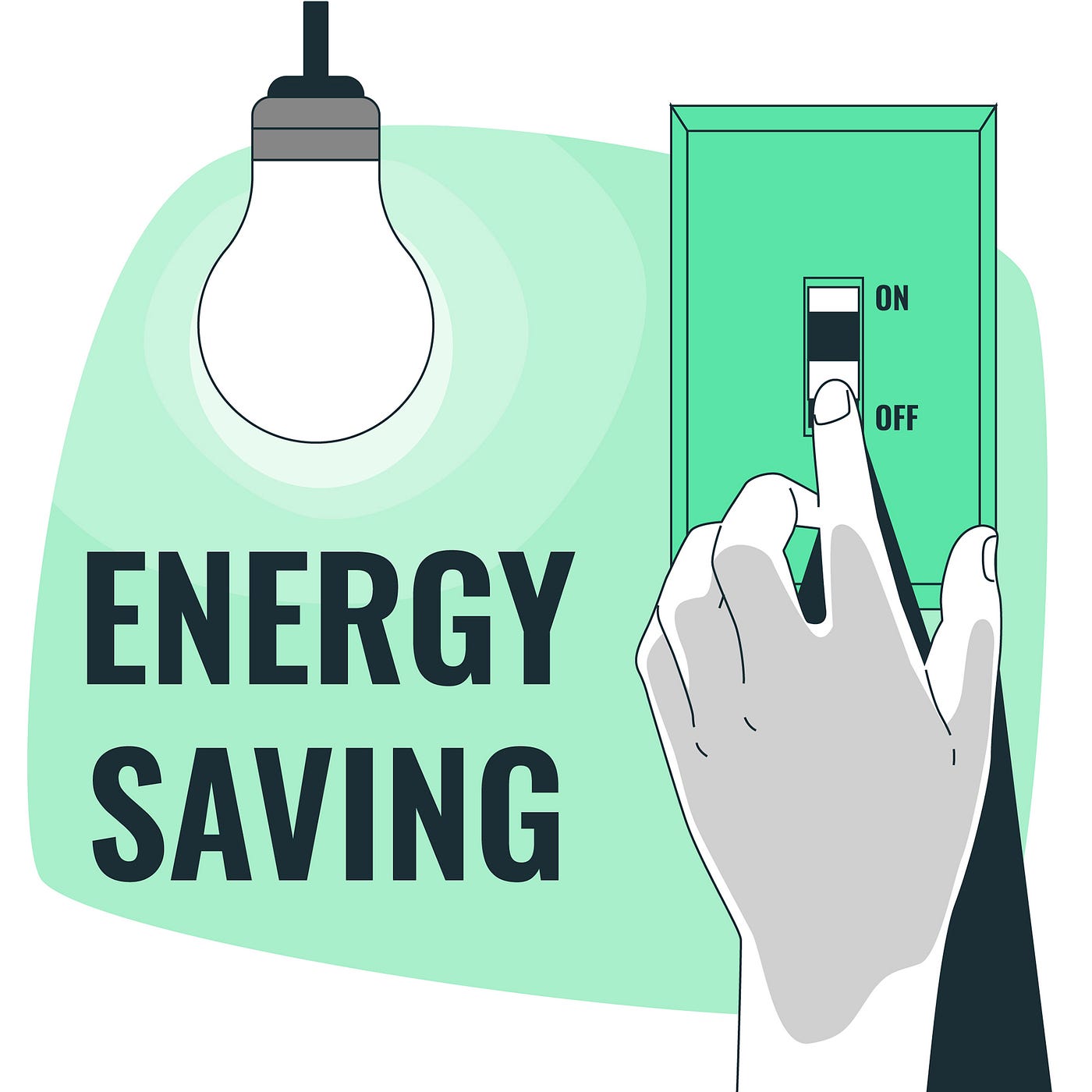Ensuring the safety and efficiency of your electrical system is crucial for both your household’s well-being and energy consumption. Here are some key points to consider:

Hire Energy Commission Certified Wiring Professionals
Always ensure that all electrical installations are carried out by professionals certified by the Energy Commission. This guarantees that the work meets the highest safety and quality standards, reducing the risk of electrical hazards and ensuring compliance with national regulations.
Install All Necessary Safety Measures and Devices
Proper safety measures and devices are essential in any electrical installation. Make sure that circuit breakers, surge protectors, and other safety devices are installed to protect your home from electrical surges, overloads, and potential fires. These installations also help in monitoring and controlling energy consumption.
Conduct Routine Inspections for Leakages
Regular inspections are key to maintaining a safe and efficient electrical system. Engage a certified professional to routinely check for any leakages or faults in the system. Early detection of issues can prevent accidents and reduce unnecessary energy loss.
Hire Energy Commission Certified Wiring Professionals
Always ensure that all electrical installations are carried out by professionals certified by the Energy Commission. This guarantees that the work meets the highest safety and quality standards, reducing the risk of electrical hazards and ensuring compliance with national regulations.
Install All Necessary Safety Measures and Devices
Proper safety measures and devices are essential in any electrical installation. Make sure that circuit breakers, surge protectors, and other safety devices are installed to protect your home from electrical surges, overloads, and potential fires. These installations also help in monitoring and controlling energy consumption.
Conduct Routine Inspections for Leakages
Regular inspections are key to maintaining a safe and efficient electrical system. Engage a certified professional to routinely check for any leakages or faults in the system. Early detection of issues can prevent accidents and reduce unnecessary energy loss.
Use High-Quality Wires, Devices, and Appliances
The quality of materials used in your electrical system significantly affects its performance and safety. Always opt for the highest quality wires, devices, and appliances to ensure durability, safety, and energy efficiency. Inferior materials may pose risks such as overheating, short circuits, and increased energy consumption.
Fix Electrical System Leakages Promptly
If any leakages or faults are detected during inspections, it is crucial to have them fixed immediately. Electrical leakages not only pose safety risks but also lead to wasted energy, which can increase your electricity bills. Addressing these issues promptly ensures a safer, more energy-efficient household.
Use LED Bulbs
Replacing traditional incandescent bulbs with LED bulbs is one of the simplest ways to save energy. LED bulbs use significantly less energy and have a much longer lifespan, reducing both your electricity bills and the frequency of bulb replacements. They are also safer, as they generate less heat.
Unplug Devices When Not in Use
Many devices continue to consume energy even when they’re turned off, a phenomenon known as “phantom” energy use. To avoid this, make it a habit to unplug devices like chargers, TVs, and microwaves when they’re not in use. Alternatively, use power strips to easily disconnect multiple devices at once.
Choose Energy-Efficient Appliances
When purchasing new appliances, always consider their energy efficiency ratings. Energy-efficient appliances, such as refrigerators, air conditioners, and washing machines, use less electricity to perform the same tasks, leading to significant savings on your energy bills over time.
By incorporating these practices into your household routine, you can ensure a safer, more efficient electrical system that not only protects your home but also contributes to significant energy savings.

